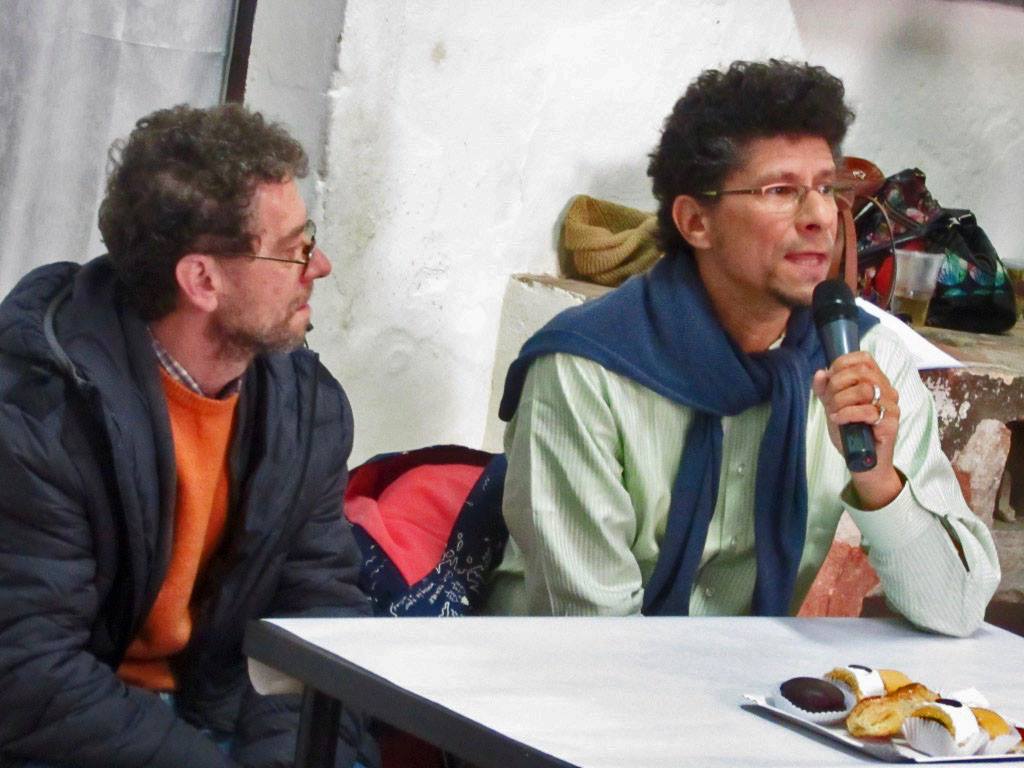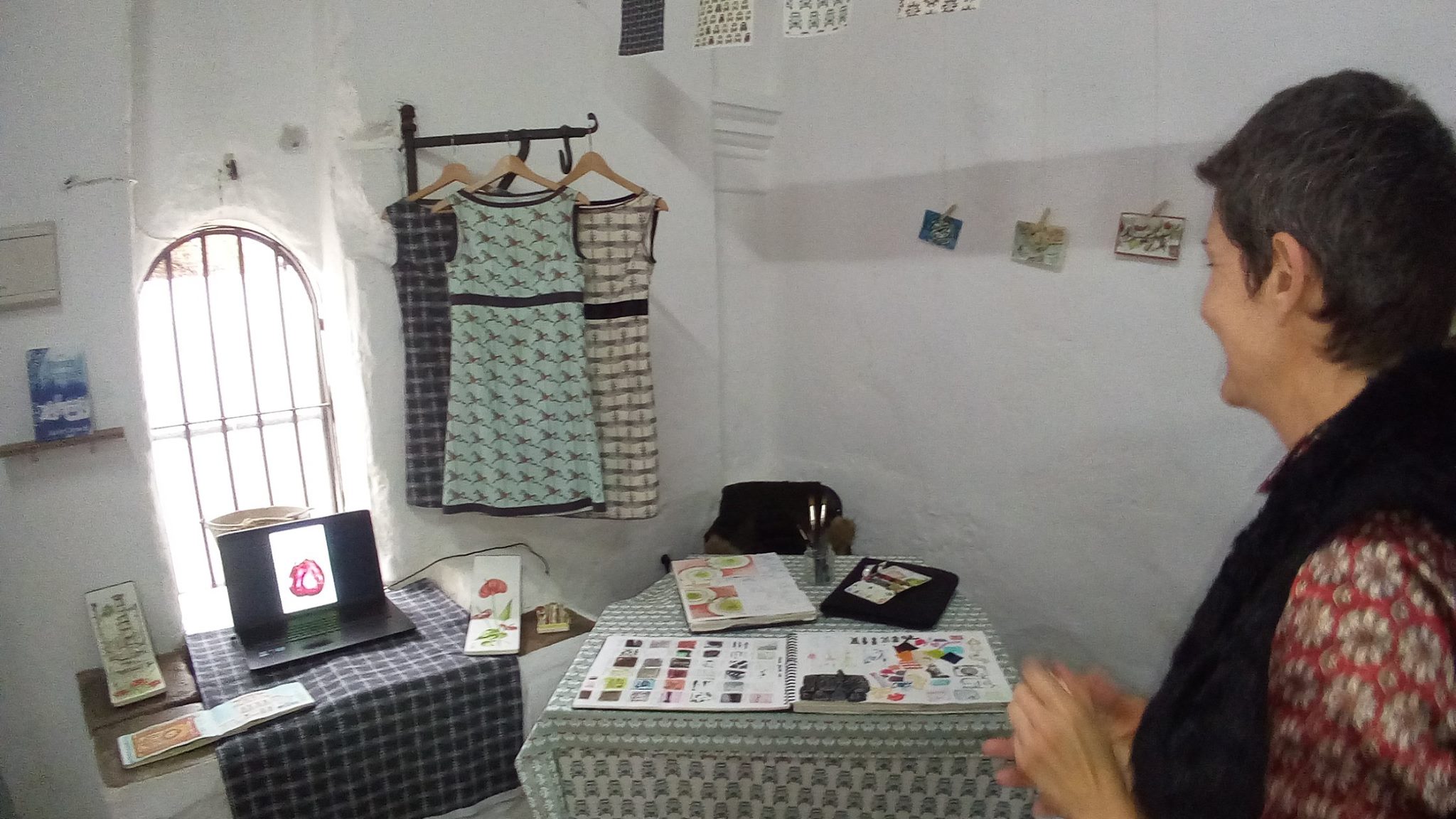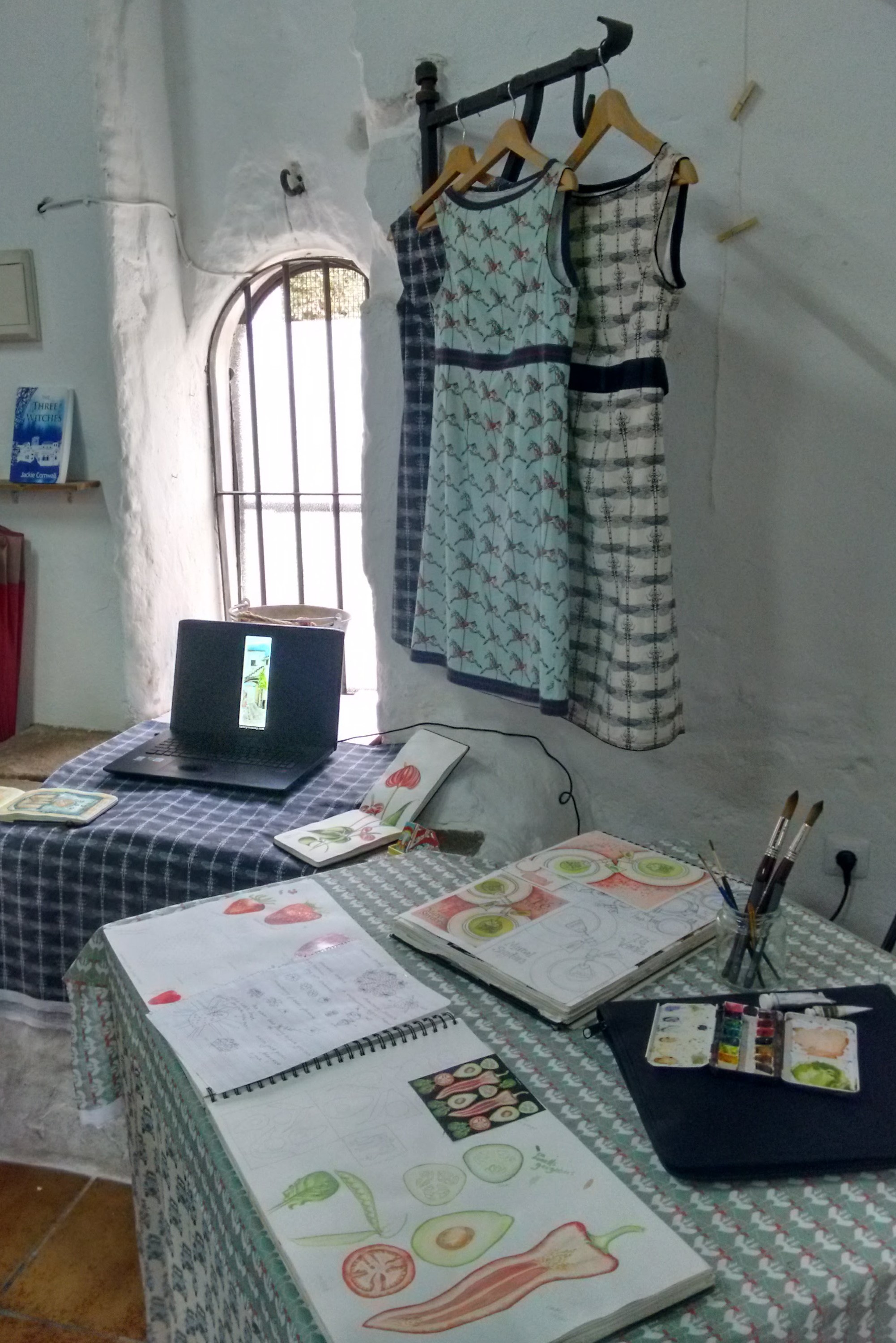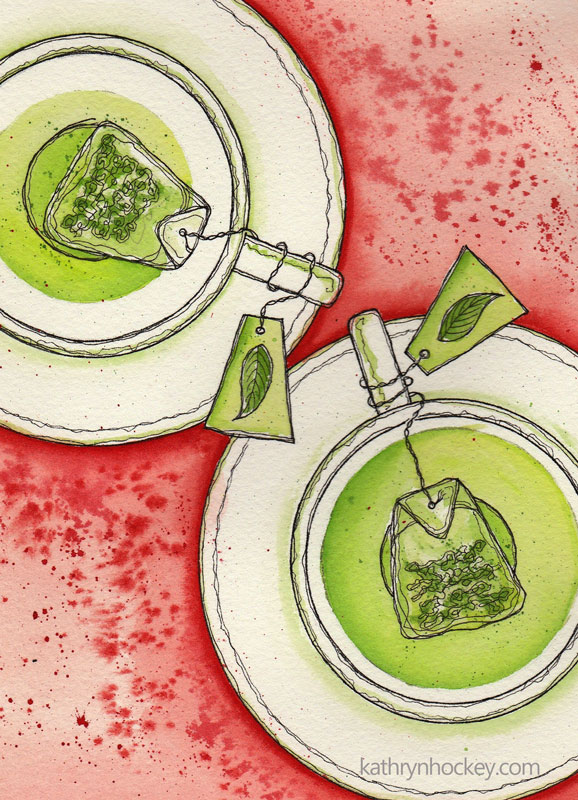10th October 2016 is World Mental Health Day
To mark the occasion we are giving away ‘The Black Dawg – an illustrated poem about Depression and Hope’ in its eBook format!
The offer will run until the end of October 2016 – all you need to do is click here to get in contact and we’ll email you the eBook.
Please feel free to share this offer widely and if you like the book it would be wonderful if you could please give us a positive review on Goodreads, Amazon.co.uk, Amazon.com, Amazon.es and / or anywhere else you fancy.
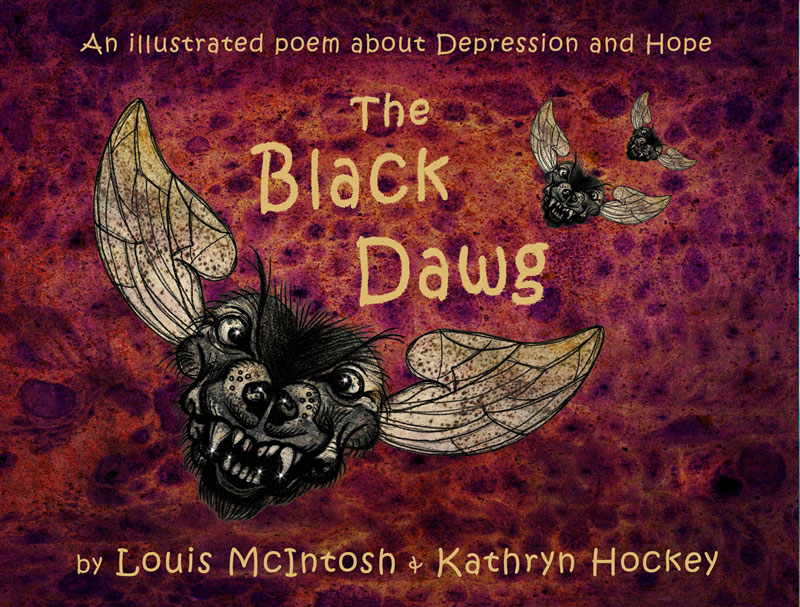
World Mental Health Day
- was first celebrated on 10th October 1992 at the initiative of the global mental health organisation The World Federation for Mental Health
- this year’s theme is psychological first aid and the support people can provide to those in distress. There’s a wonderful TED talk here by Guy Winch on that very subject
- is a day to raise awareness of mental illness and the huge impact it has on many people’s lives worldwide
Some shocking statistics from the Mental Health Foundation – please don’t look away
- 10% of children and young people (aged 5-16 years) have a clinically diagnosable mental problem, yet 70% of children and adolescents who experience mental health problems have not had appropriate interventions at a sufficiently early age.
- 50% of mental health problems are established by age 14 and 75% by age 24.
- 1 in 6 adults had a common mental health problem in the past week.
- 1 in 4 people in the UK will experience a mental health problem in any given year.
- In the UK mental health problems are responsible for the largest burden of disease – 28% of the burden, compared to 16% each for cancer and heart disease.
- WHO states that ‘if we don’t act urgently, by 2030 depression will be the leading illness globally.’
- In England, women are more likely than men to have a common mental health problem and are almost twice as likely to be diagnosed with anxiety disorders.
- Suicide is the most common cause of death for men aged 20-49 years in England and Wales at present.
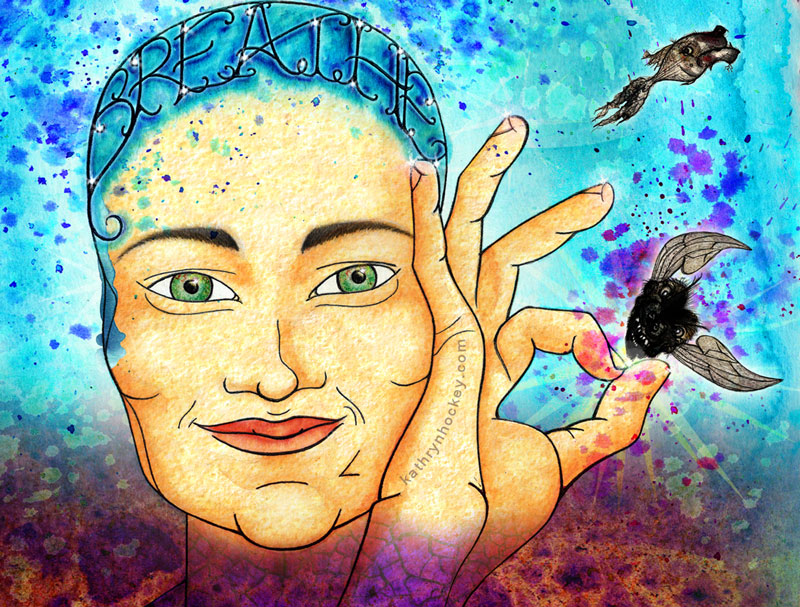
1. Talk about your feelings
2. Exercise
3. Eat well
4. Drink sensibly
5. Keep in touch with loved ones
6. Ask for help
7. Take a break
8. Do something you’re good at
9. Accept who you are
10. Care for others
I love that whole list…
…and have found that cultivating mindfulness and taking regular exercise are particularly helpful for improving my emotional well-being.
Making the illustrations for The Black Dawg book also helped me enormously – I am much more adept at recognising and dismantling the process which starts as a single negative thought before it suddenly swells into an overwhelming landslide of undermining and vitriolic self-loathing mind-babble with accompanying anxiety and exhaustion as my psyche does battle with itself.
Eckhart Tolle’s theory about the ‘pain body’ really rings true for me; seeing the negativity as a separate entity gives me more strength to keep it in check and overcome its insidious effects in the moment it arises.
‘Coming out’ as depressive has also been liberating and strangely uplifting in that it’s enabling me to form stronger and more open connections with my friends and family and even with people I don’t know. As Brené Brown says in her funny and brilliant TED talk ‘The Power of Vulnerability’ – “connection gives meaning and purpose to our lives; it’s why we’re here.”
And we are all in this together…
Louis, who wrote The Black Dawg poem, and I strongly believe that The Black Dawg book can help people suffering from depression feel less isolated. We also hope that it will help friends and family to better understand how it feels to be depressed. And that’s why we want to share it – we think it’s a valuable resource in the armoury against mental illness.
This evening the Chicken & Frog bookshop in Brentwood, Essex are holding an auction in aid of The Young People’s Counselling Service and we’re delighted that The Black Dawg book and some signed prints of the ‘Spiralling Branches’ illustration from the book will be included.
Dr Carole Easton, chief executive of The Young Women’s Trust explains why it’s so important to build resilience in children and to prevent mental issues becoming mental illnesses in this Huffpost article ‘Young People’s Mental Health – We Must Do More‘
Click here if you’d like to read more about The Black Dawg project.
Take excellent care of yourself!

 On a rainy January afternoon my friend Marcel Snyders presented his play ‘Té Verde‘ (Green Tea in English) to an enthusiastic audience in the castle headquarters of Arte Vejer.
On a rainy January afternoon my friend Marcel Snyders presented his play ‘Té Verde‘ (Green Tea in English) to an enthusiastic audience in the castle headquarters of Arte Vejer.
